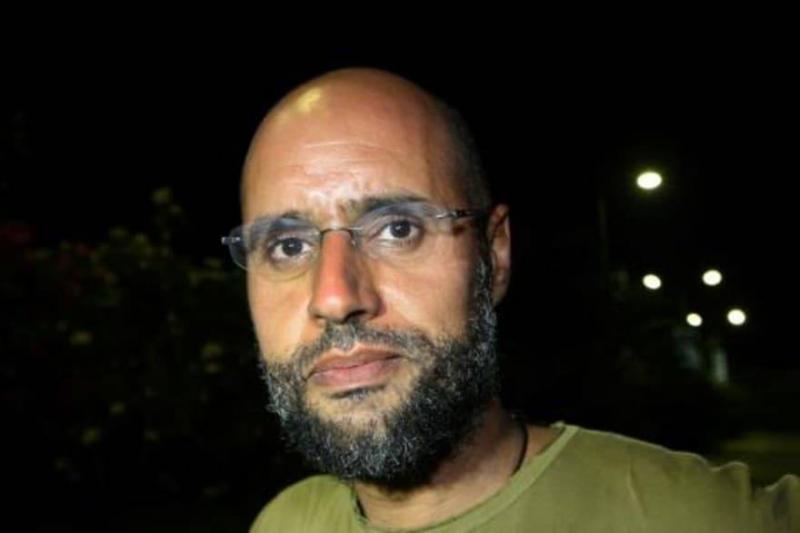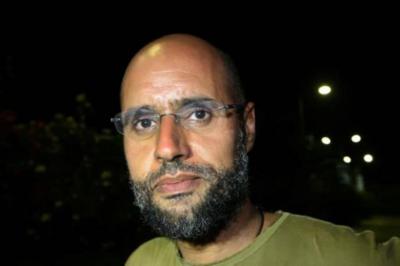Saif al-Islam Gaddafi, the son of Muammar Gaddafi, stated in a rare interview with The New York Times that he wants to "revive the lost unity" in Libya after a decade of chaos, and hinted at a possible presidential candidacy. The 49-year-old Saif al-Islam, who appeared for the first time in four years, said that Libyan politicians "have only brought misery. It’s time to return to the past. The country is on its knees... There is no money, no security. There is no life here."
In 2011, after four decades of unchallenged rule, Muammar Gaddafi and his close associates were overthrown in a popular uprising, leading to their killing, imprisonment, or exile. Three of Gaddafi’s sons were killed, but the fate of the fourth, Saif al-Islam, who was long considered his father’s successor, remained unknown. In November 2011, he was captured by an armed group in Zintan, northwest Libya, and sentenced to death in 2015 following a quick trial. However, the group holding him refused to hand him over to authorities or the International Criminal Court, which sought him for "crimes against humanity," but released him in 2017. Since then, he had disappeared from public sight.
In his first meeting with a foreign journalist in a decade, Saif al-Islam said he is now a "free man" and plans to make a political return, without providing further details. He stated in an extensive interview with The New York Times that "after being disappointed by the revolution," the rebels who captured him "finally realized that he could be a strong ally."
After a decade of power struggles amid foreign intervention, a temporary government took charge of Libya in March, tasked with unifying institutions through organizing dual legislative and presidential elections in December. Any potential candidacy for Saif al-Islam would face significant challenges, as a Libyan court has convicted him and an arrest warrant has been issued by the International Criminal Court. The New York Times reported that he is "convinced that these legal issues can be negotiated if the majority of the Libyan people choose him as their leader," indicating that "Saif apparently believes that he alone can represent a state for all Libyans."




